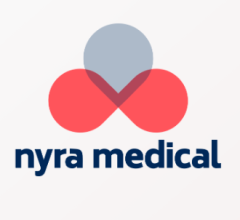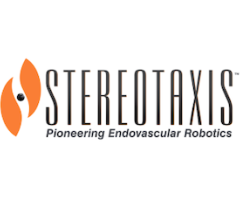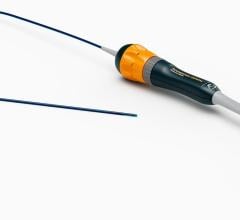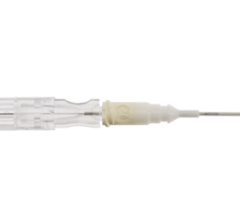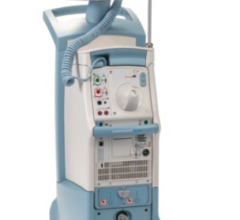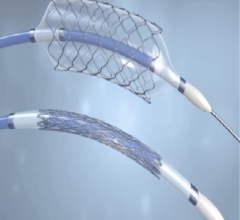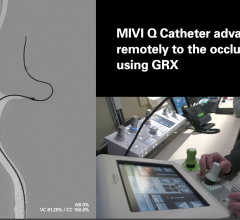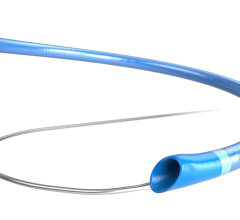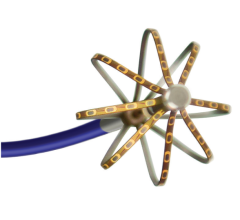January 22, 2008 � The FDA approved enrollment expansion for a study, the Tailored Treatment of Permanent Atrial Fibrillation (TTOP AF), on the safety and efficacy of tailored ablation therapy against traditional pharmaceutical regimens, which will support a pre-market approval (PMA) application to the FDA.
The FDA approved the extended enrollment in the pivotal phase of the trial in the fourth quarter of 2007. Patients will initially be randomized into two treatment groups; one group receiving ablation therapy, and the other group, called the control arm, receiving commonly used drug treatments. For every two patients initially receiving an ablation, one will be randomly assigned to the control arm. The trial allows patients in the control arm to receive an ablation if they do not respond to drug therapy. At the conclusion of the study, Ablation Frontiers will submit a Pre-Market Approval (PMA) application to the FDA for marketing the Catheter Ablation System in the US.
Patients with AF today are generally treated with pharmaceutical drug regimens or surgery in more severe cases. Currently, no minimally invasive, catheter-based procedures have been approved by the FDA to treat AF, although an estimated 50,000 procedures will be performed this year. The currently available tip catheter approaches are based on a decade-old technology originally designed to treat irregular heart rhythms other than AF.
The TTOP AF study uses an approach that allows cardiologists to customize their treatment strategy and potentially shorten procedure times.
The Ablation Frontiers Cardiac Ablation System, being evaluated in this clinical study, is designed to be a versatile tool kit for mapping and ablating areas of the heart where AF is most prevalent. The cardiac ablation system combines a novel radiofrequency (RF) energy source with a series of anatomically-designed catheters. The Ablation Frontiers system reportedly does not require expensive 3D navigation or robotic steering equipment that can make these types of procedures longer and more complicated.
For more information: www.ablationfrontiers.com


 October 28, 2025
October 28, 2025 
